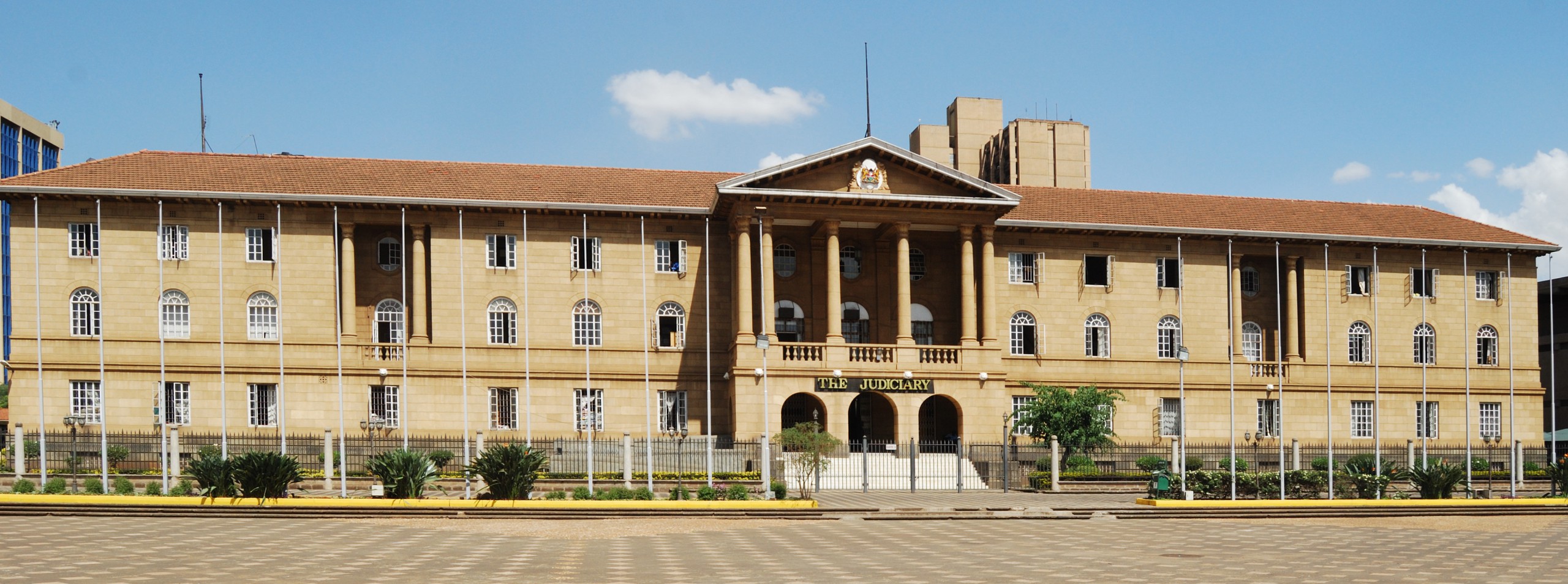Summary
This case concerns the Ratlam municipality’s obligations to its people under Section 123 M. P. Municipalities Act of 1961. These obligations include the provision of sanitary facilities and the prevention of street contamination from a nearby alcohol plant. The residents of the Ratlam municipality, frustrated at the lack of sanitary facilities and the contamination in the streets, brought suit against the municipality under Section 133 of the Criminal Procedure Code for public nuisance. The municipality argued that, 1) the residents chose to live where there are no facilities, and 2) the authorities lacked the funds necessary to construct what was required to comply.
The Magistrate ordered the municipality to provide the proper facilities and construct drainpipes to abate the contamination. The order was appealed to the High Court, which affirmed the order below. The Supreme Court then considered whether a Court could affirmatively compel a statutory body to construct sanitary facilities and drainpipes at great cost. The Supreme Court upheld the High Court’s order, holding that the Magistrate had the power to compel a statutory body to comply with the order in the name of public duty. The Supreme Court also held that Section 133 of the Criminal Procedure Code operates against statutory bodies and can be used to remove a public nuisance in a limited time period.
Furthermore, the Supreme Court found that a municipality cannot claim financial inability when it is responsible for preserving public health. The Supreme Court stated, “[a] responsible municipal council constituted for the precise purpose of preserving public health and providing better finances cannot run away from its principal duty by pleading financial inability. Decency and dignity are non-negotiable facets of human rights and are a first charge on local self-governing bodies.”
